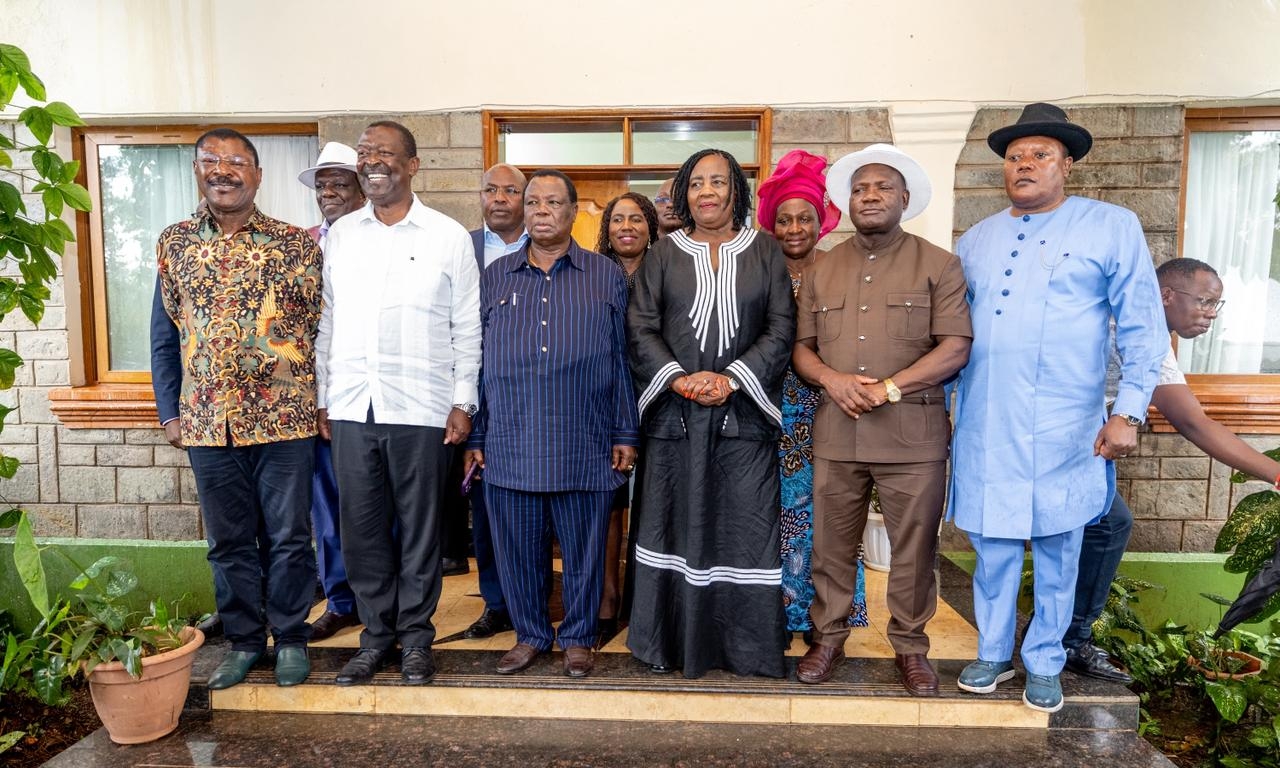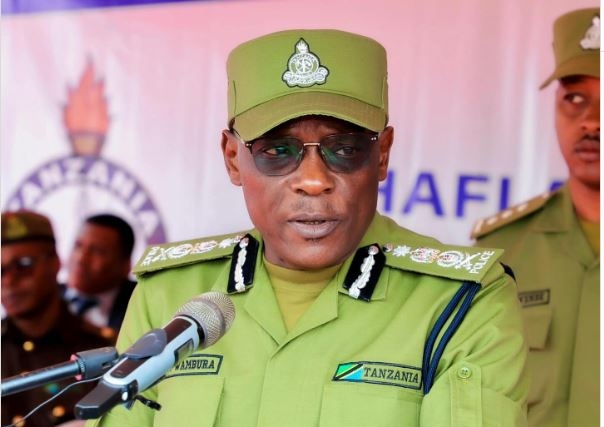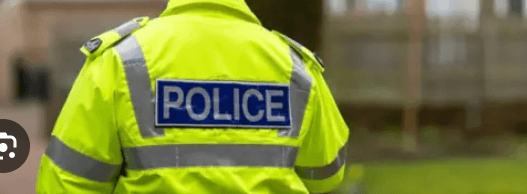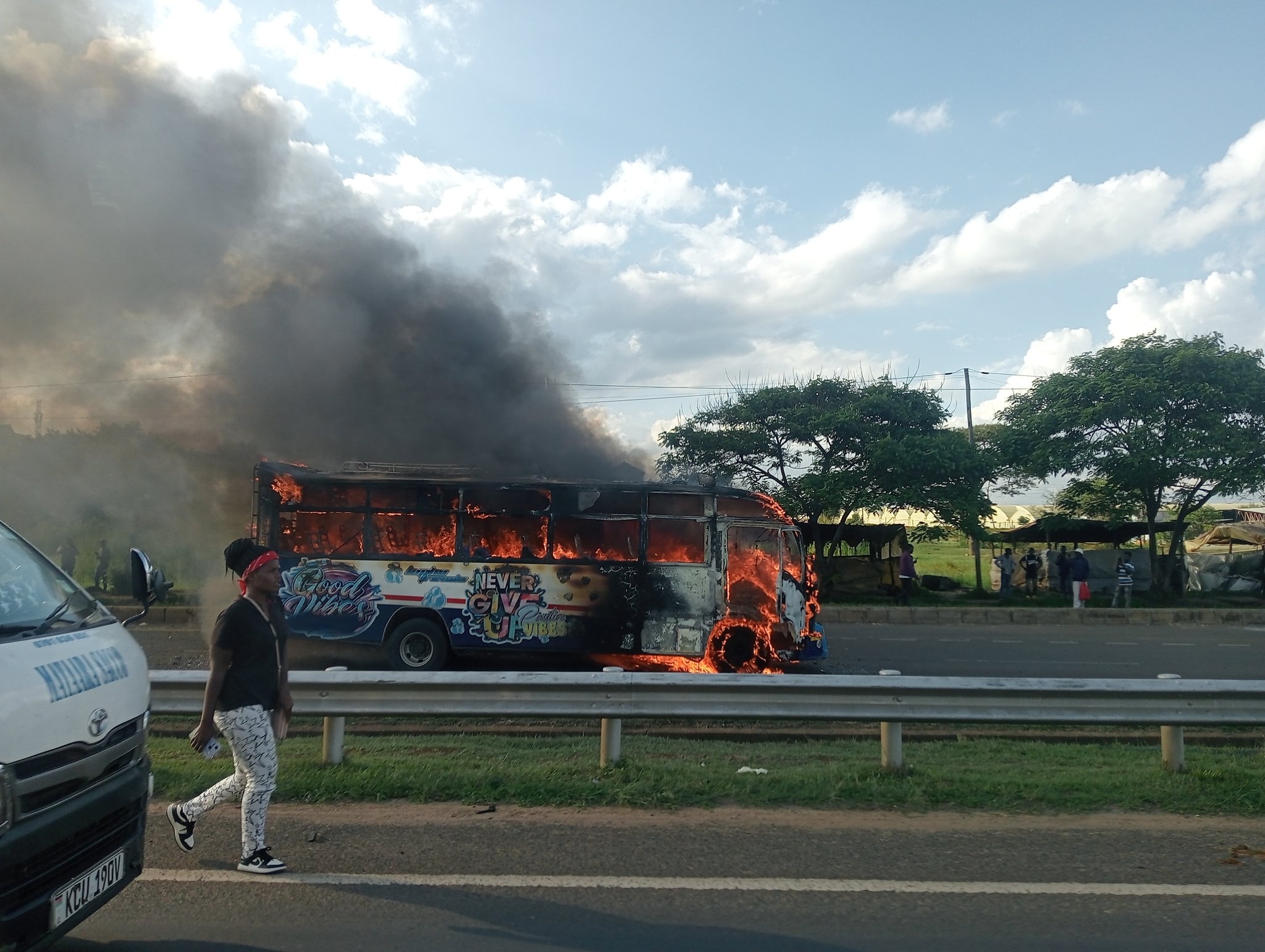A new platform to guide air quality experts on how to meet the World Health Organization’s targets has been launched.
Unveiled on Thursday ahead of this year’s International Day of Clean Air, the Air Quality Management Exchange Platform is designed to help professionals tackle air pollution.
The platform was launched by the Climate and Clean Air Coalition.
It is a one-stop-shop that provides the latest air quality management guidance and tools proposed to meet WHO targets.
The WHO estimates air pollution causes more than eight million premature deaths annually, particularly in poorer places and among more vulnerable populations.
Air pollution knows no borders, with 99 per cent of the global population breathing polluted air.
Due to significant data gaps, the true toll of air pollution around the world is still unknown. Capacity gaps hamper efforts to tackle air pollution - a global climate and health crisis that requires urgent action.
The platform was developed in response to a resolution passed at this year’s United Nations Environment Assembly, where countries called for increased global cooperation to tackle air pollution by sharing best practices, tools, data, and information.
Working directly with air quality managers, the Air Quality Management Exchange Platform will help to address air quality management capacity gaps, notably with curated guidance across key themes, including how to go about air quality monitoring, inventory development, and health impact assessments.
This will allow decision-makers to see a more complete picture of air pollution’s impact and lead to policies that accurately reflect public health needs on a global scale.
For example, over a third of the population in Africa is unable to access air quality information.
Climate and Clean Air Coalition head of secretariat Martina Otto said access to a clean, healthy, and sustainable environment is a human right, not a luxury for those who can afford it.
“Tackling air pollution requires cooperation across administrative boundaries, across countries and across key sectors to implement tried and tested measures that cut pollution. With Air Quality Management Exchange Platform, we intend to close a capacity gap to create cleaner communities for us all.”
WHO director of the Department of Environment, Climate Change and Health Maria Neira said air pollution is nothing less than a public health emergency, and the platform is a positive step in making evidence available to meaningfully tackle polluted air and meet WHO’s Air Quality Guidelines to protect people’s health around the world.
The platform will expand to allow regional and sub-regional communities to exchange knowledge about air quality management best practices.
The International Day of Clean Air was designated on 7 September by the United Nations General Assembly in 2019.
This followed the international community’s increasing interest in clean air and emphasises the need to make further efforts to improve air quality to protect human health.
This year’s theme is, ‘Invest in clean air now.’












